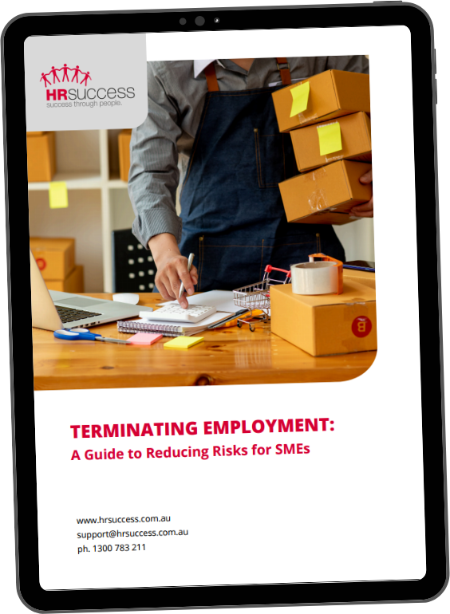The recent passing of the Queen and the subsequent declaration of a Day of Mourning (and national public holiday) on Thursday the 22nd September, with understandably little notice, has thrown a spanner in the works for some businesses/organisations.
That said, we’re here to help, so here’s the essential info you need to know:
- Despite it being a one-off public holiday, the Day of Mourning on the 22nd September has the same legal status as any other public holiday, meaning employers have the same obligations with respect to allowing full and part-time employees who would otherwise be working to have the day off, without loss of their base pay, and for those working to (most likely) access higher rates of pay/penalty rates and/or a substitute day off.
- Employers may request an employee to work on a public holiday, if such as request is “reasonable”. An employee may refuse un unreasonable request, or where their reason for refusal is reasonable.
- Whether a request to work on a public holiday is in fact “reasonable” essentially comes to consideration of a number of factors which relate to the circumstances of both the business/organisation and the employee. The relevant factors will generally include:
- the nature and operational requirements of the business and the actual work to be performed by the employee concerned;
- the employee’s personal circumstances (importantly, including any family responsibilities);
- whether the employee would have a reasonable expectation that they would be requested to work on the public holiday;
- whether the employee is entitled to receive additional payments/benefits for working on a public holiday;
- the type of employment (ie full-time, part-time, casual or shiftwork); and
- the notice given to the employee of the request to work (note that any refusal of the employee to work on a public holiday also requires reasonable notice). The relatively short notice of this particular public holiday may have a particular impact on the validity of any request to work, and any refusal, if challenged.
- Regardless of the position of your business (close entirely or fully or partially open for business/operations), it’s a good idea to check relevant employment contracts, awards and agreements to clarify requirements, particularly in relation to payments, requirements to work and/or potential substitution of the public holiday for an alternate day.
- Keep in mind also that if a public holiday falls on day during an employee’s period of annual leave or personal leave (and the employee would have ordinarily have worked on that day) they still must be paid for the public holiday and it does not reduce their annual leave or personal leave balance.
Of course, be sure to reach out if you need further assistance.


